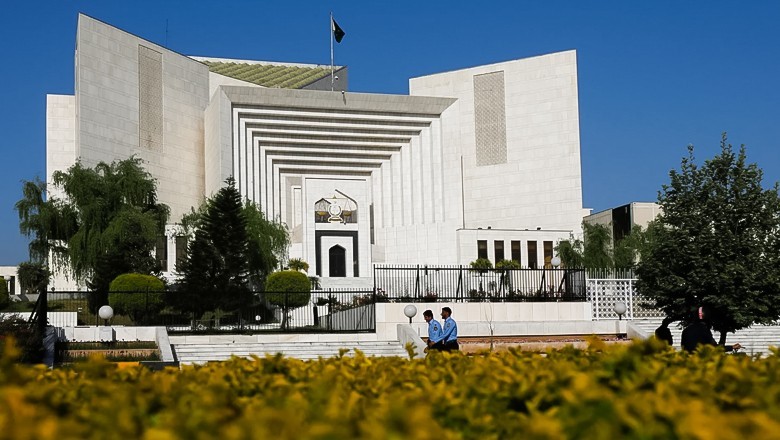SC declares married daughters eligible for jobs under deceased father's quota

Web Desk
|
6 Apr 2025
The Supreme Court has issued a landmark written verdict, ruling in favour of a daughter deprived of employment following her father's death, declaring her fully eligible for the job.
The nine-page decision, authored by Justice Mansoor Ali Shah, affirms that a woman's identity, legal rights, and autonomy do not end with marriage.
Terming the exclusion of married daughters from their late father's employment quota as illegal and discriminatory, the court stated that under the KP Civil Servants Rules, all children of a deceased or medically retired government employee are entitled to employment.
The ruling further noted that it is unlawful for a section officer to alter established rules through a mere explanatory letter. Executive instructions cannot override the law.
Disqualifying daughters based on marital status amounts to discrimination and violates Articles 25, 27, and 14 of the Constitution.
The judgment said that marriage does not strip a woman of her legal status, individuality, or autonomy. Financial independence is a fundamental right that cannot be contingent upon marital status.
Read more: Supreme Court expands Constitutional Bench with five new judges
The Constitution grants every citizen individual rights, irrespective of marital roles or societal norms.
Citing Islamic principles, the verdict highlighted that women have full authority over their property, income, and financial matters.
Pakistan is also a signatory to the international convention eliminating all forms of discrimination against women, which prohibits employment discrimination based on marriage.
The court underscored the importance of recognising women's economic and legal autonomy, urging an end to patriarchal traditions that deprive women of public rights due to marital status.
It directed courts and administrative bodies to use gender-sensitive and neutral language in their rulings.
The decision noted that patriarchal terminology reflects outdated mindsets and undermines constitutional values.
It reaffirmed that Supreme Court rulings generally apply prospectively.
Finally, the Supreme Court annulled the order dismissing the woman from her job and instructed the concerned department to reinstate her with all previous benefits.












Comments
0 comment